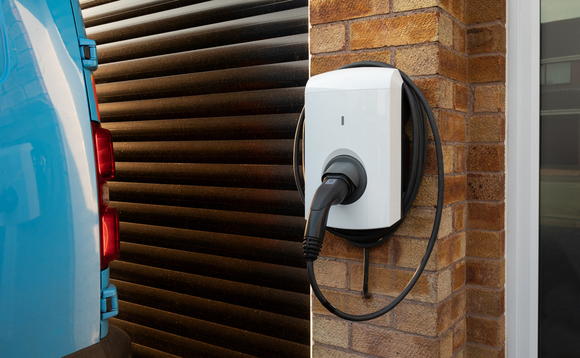
Octopus Energy claims it now manages more than 100MW of electric car charging power through its ‘Intelligent Octopus' smart home energy tariff, which it says amounts to a power supply greater than that provided by the largest battery currently operating on the UK grid.
The energy supplier's Intelligent Octopus flexible car charging tariff provides electric vehicle (EV) drivers with electricity for 10p per kilowatt hour (kWh), which it said enables the average batter car driver to charge up for less than a third of what it would cost on a standard variable home energy tariff.
As a a result, it claims EV drivers on the tariff are able to reduce their fuel costs by around 3p per mile by using overnight, off-peak rates, adding up to £760 in savings per year.
Moreover, Octopus Energy estimated that the number of customers on the tariff charging up and storing off-peak electricity overnight in their EVs now amounts to more than 100MW of power capacity, which it said would be enough to power a city the size of Leicester for an hour.
For comparison, it pointed out that the largest battery storage facility connected to the UK grid at present - the Minety Battery Storage Facility in Wiltshire - has a capacity of 100MW.
Alex Schoch, head of flexibility at Octopus Energy, said the Intelligent Octopus tariff signalled the future of how energy could and should be used by consumers in order to deliver a greener, cheaper and more flexible energy grid in the UK.
"We urgently need to build flexible grid technology to turbocharge the green energy system," he said. "The tariff acts as a virtual power plant, shifting demand out of peak times and therefore cutting bills for everyone. As more electric cars take the road and steal market share from old-school gas-guzzlers, we need even more solutions like Intelligent Octopus to handle the extra devices, increase the grid's resilience and promote a green energy future."
Launched last year as a "specialist tariff for managing smart tech solutions", Intelligent Octopus works by allowing customers to use the company's app to set both the time and the amount that they want their vehicle charged by.
The company's technology platform - Kraken - then works in the background to automatically charge the cars when there is surplus, low cost energy and when the grid is less busy, Octopus explained, adding that this also helps to balance out demand and supply on the grid which in turn helps bring down energy bills.